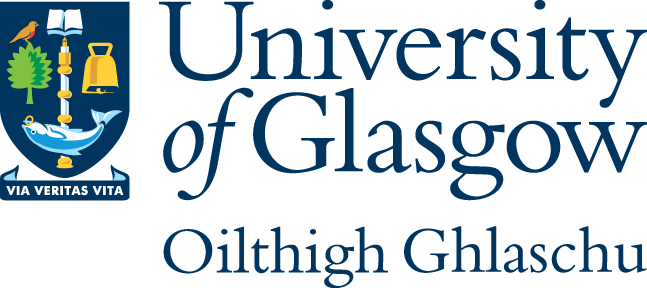New Geographies of Language in Minority Language Sociolinguistics
Globalisation and increased movement of people have re-shaped the value of different languages and ways of speaking. For some commentators, globalisation is seen as key factor in the ‘dissolution’ of certain languages and diversity more broadly. This is by no means always the case. Languages are frequently taken up and used by new types of speakers, for new purposes and in new spaces.
This project examines this dynamic and its largely under-explored potential for the future of diversity. Existing research in minority language sociolinguistics has hinted at the role played by space, context and environment in relation to language acquisition and use. It has not always explored such themes thoroughly or with reference to contemporary geographical debates. Similarly, the field of urban studies, sociology and geography have not always paid enough attention to language and multilingualism.
The aim of this project has been to develop a multidimensional approach to language revitalisation and minority language sociolinguistics by bringing these and other fields into dialogue.
In doing so, it seeks to answers a number of key questions:
1. How are contemporary minority language speakers creating and sustaining new networked communities of practice in new social spaces in urban contexts and through virtual online spaces?
2. What are the key variables which affect interactions in these new spaces? How do these variables affect accessibility and for whom?
3. What new solidarities (if any) are created across and within these different spaces?



